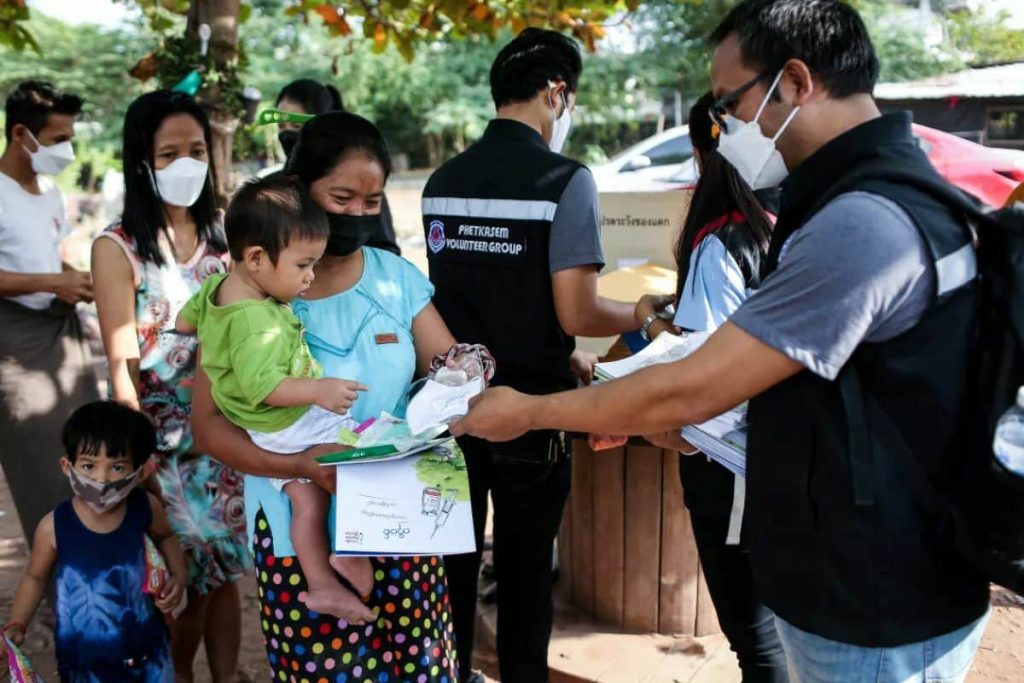Thailand’s Ministry of Interior has introduced a new policy that makes it easier for children of long-term migrants to apply for Thai citizenship. The new rule aims to help reduce statelessness and improve the lives of migrant families who have lived in the country for many years.
The announcement, signed by Deputy Interior Minister Teerarat Samretwanich, was published in the Royal Gazette on June 30 and takes effect immediately. It will remain valid for one year, unless the Thai Cabinet decides to extend it.
Under the new rule, children born in Thailand to foreign parents—who were registered before 1999 and joined official state programs between 2005 and 2011—can now apply for Thai citizenship. Applicants must show documents proving their birth in Thailand, like a birth certificate or official registration papers. They also need to prove that their parents have lived in Thailand for at least 15 years.
Children applying for citizenship must speak Thai or a common local language in the area where they live. However, children under seven and those with disabilities that affect communication or understanding are not required to meet this language requirement.
The rule also covers children from minority and ethnic communities who have lived in Thailand for a long time. These include Vietnamese migrants, the Chinese Haw community, Hmong from Tham Krabok, displaced Burmese of Thai origin, and others.
To qualify, applicants must not have another nationality, and they must not have committed serious crimes or pose a threat to public safety. However, children under 18 will not undergo criminal background checks.
The applications will be handled by local district officers, the Director of the Registration Administration Office, or officials from the Department of Provincial Administration, depending on where the applicant lives.
If any information is found to be false, or if the person later does something that harms Thailand’s national interests, their citizenship can be canceled by law.
The Ministry also confirmed that these new rules temporarily suspend the previous 2017 guidelines to avoid any confusion between policies.
Officials believe this change will help thousands of migrant families who have long faced challenges in getting access to education, healthcare, and work due to unclear legal status.
Families must apply within one year, although the deadline might be extended by the Cabinet if needed.

